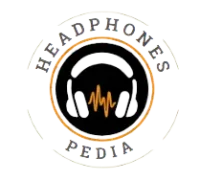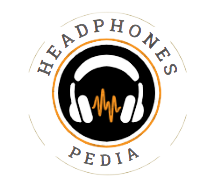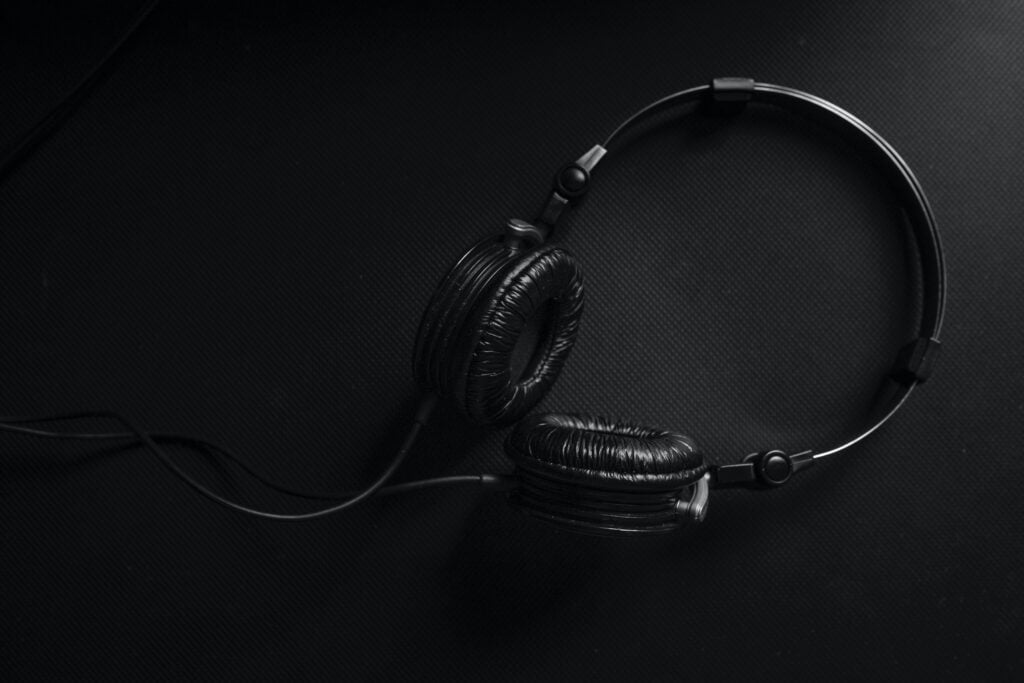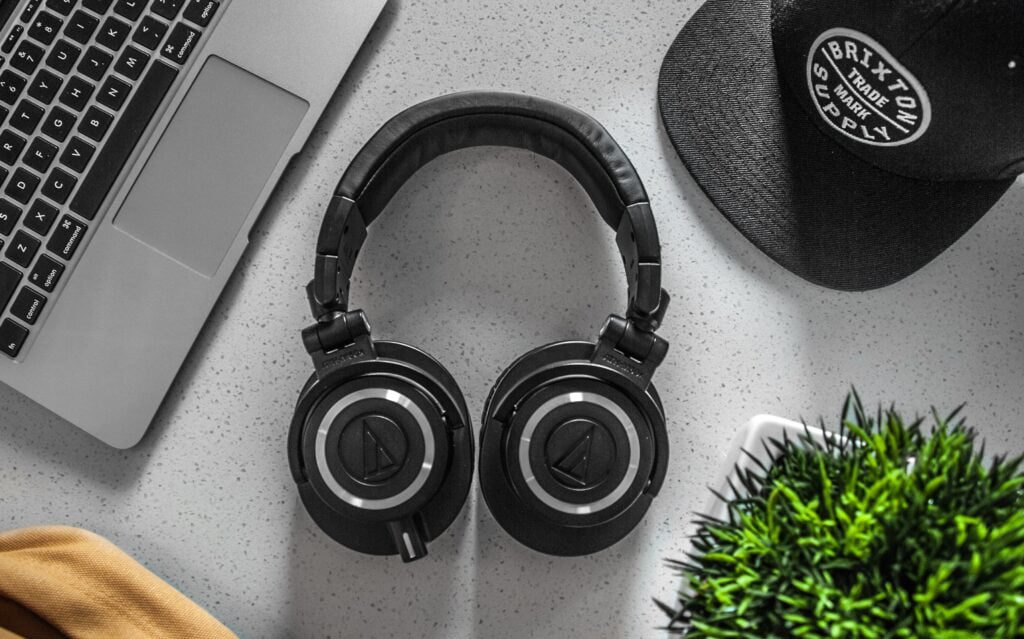Curious why musicians wear headphones during live performances? Those headphones are equipment musicians use to perform their tracks smoothly. Recently during a local band’s live performance, their in-ear headphones reminded me of Tank.
Grammy-nominated, American singer and Songwriter Tank’s life went upside down when he was diagnosed with permanent hearing loss. In an interview with Tamron Hall, he shared how devastating it was for him to adapt to this new life. “I don’t ever want anybody to feel that defeated in their existence,” said Tank while talking about the struggles of hearing loss.
Tank reminds us of how precious hearing is, especially for musicians. Among various other reasons, protecting yourself from noise-induced hearing loss is one of the reasons musicians wear headphones during practice and performing.
If the musicians wearing in-ear headphones ever piqued your interest, stay with me while I briefly discuss the why, what, and how musicians wear headphones.
Why Do Musicians Wear Headphones?
I have jotted down the six reasons musicians use headphones which are listed below with details:
- Musicians Wear Headphones for Quality Music Production
Headphones are transforming the music production industry on various levels. A track is more than 5 minutes of vibe, music producers, singers, and instrumentalists all pour their 100 percent energy into the composition of a single symphony. Headphones are part of the music production journey more than you think they are. From recording to mixing, headphones stay with the music team to the end.
The headphones allow musicians to identify nuances in their symphonies and monitor their performance on a given piece of the Symphony. Critical listening through headphones ensures accurate performance.
Headphones are also used to analyze the audio qualities of songs. These are also used to master tracks accurately. Headphones allow a musician to test different sound profiles across multiple devices precisely.
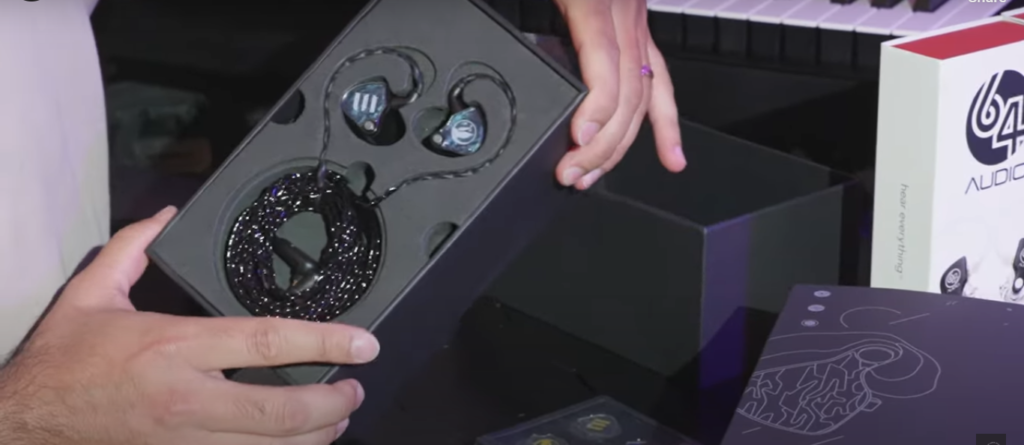
- Headphones for Recording and Studio Use
Inside the studio, musicians use Headphones to prevent sound leakage during recording. Tracks are recorded inside the “booth” to provide musicians with a silent and no-disturbance space for recording.
Music directors communicate with the singers and instrumentalists inside the booth using headphones. This ensures uninterrupted recording and a precise synchronization of music and lyrics during multi-instrumental recordings.
Musicians can listen to the click track, the director’s cues, and even a previously recorded version of a track.

- Live Performances and Stage Use
There is a growing trend of using headphones during live and on-stage performances, especially in-ear monitors.
In-ear monitors (IEMs)
In-ear monitors (IEMs) allow musicians to create their personalized audio mixes. Performer has control over what, when, and how they hear tracks inside their ear.
IEMs during the performance are also recommended under safety protocol for musicians. It protects ears from excessive stage volume and lets them focus on their performance.

Custom Made In-ear monitors (IEMs)
There is nothing wrong with universal-fit IEMs, but high-movement instrument players opt for custom-made IEMs. Custom-made IEMs are unique to the size of the ear canal of the person using them and fit appropriately. With custom-fit size, there is a minimal risk of earbuds slipping out of the ears during practice and on-stage performance. Various IEM brands offer custom-made options nowadays.
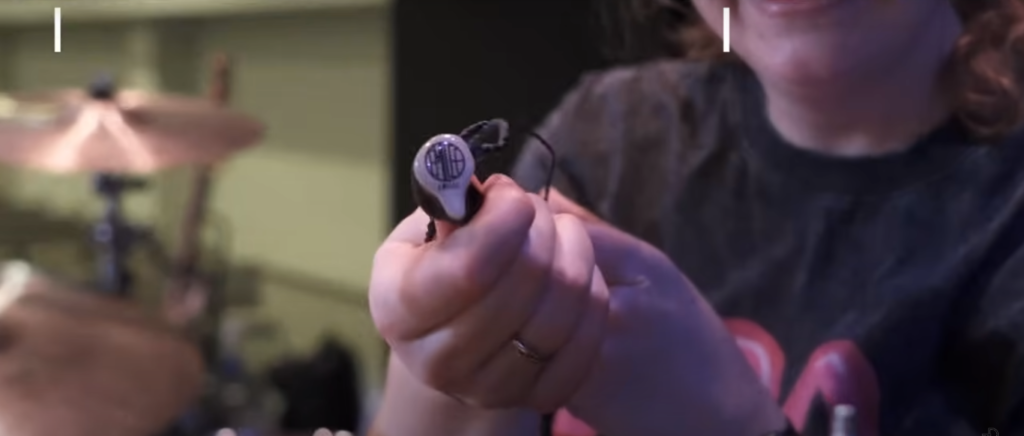
Recommended IEMs for Musicians
Following In-ear monitors (IEMs) are recommended for musicians based on the cost of the product.
| High-End IEMs | Mid-Range IEMs | Budget Option | Under 100 $ |
| 64 Audio A18T | Alclair ST3 Triple Driver | Shure SE215 PRO Wired Earbuds | KZ ZS10 Pro |
| Alclair ESM 13 Driver Electrostatic IEMs |
- Noise Isolation and Hearing Protection
Recent studies highlight that musicians are at higher risk of hearing loss and related disorders. The percentage is quite high, about 74% of the musician population develops one kind of hearing-related issue, and male musicians are at greater risk of hearing loss.
That’s why the use of headphones during life performances on stage performances is recommended for musicians so that they can protect themselves from auditory damage during concerts and live music performances.
Concert halls are way too noisy and crowded, which can prevent performer from completely focusing on their track, that’s why the use of headphones is beneficial for them in maintaining clear sound despite loud environmental conditions. Singers can isolate their vocals and hear themselves sing regardless of environmental noise. They can also control the volume levels of different sound inputs inside their IEMs.
- Communication with Bandmates and Sound Engineers
Headphones aid in listening to instructions from backstage. This helps during live performances to make adjustments according to the verbal cues about tracks from the sound engineers.
The use of headphones during performances or group performances allows members during the performance to coordinate with each other in real-time for a harmonious performance. IEM-supported talk-back mics are used during live on-stage performances. This mic only transmits to the IEMs of brand members, that way brand members communicate with each other without being heard by the audience.
- Musicians Wear Headphones to Practice
There is a growing trend of silent practices among musicians. The silent practice means playing electronic instruments without disturbing people in the surroundings.
How does this work? The headphone is tuned into the electrical musical instrument such as a guitar, and the output of the music generated by the guitarist is directed to the headphones, not to the environment, resulting in minimal noise or no noise at all. This is amazing! A music practice with minimal noise!
Ideal Headphones for Music Production
- Best headphones for musicians produce studio-grade audio and are comfortable, lightweight, and durable.
- Opt for headphones for live performance with detachable cables, wireless connectivity, and a wide frequency response.
- If you are often on the move, prefer foldable and portable designs with easy storage options.
- Check for the compatibility of your selected headphones with your professional audio interfaces, etc.
Conclusion
The use of headphones is growing enormously in every field of life. However, their input in music production and the music industry is ever-lasting. Why do Musicians wear headphones? From production to performances, headphones help to produce quality music, facilitate the practice of intricate symphonies perfectly, and enjoy remixes, and music in solitude.
Headphones assist producers, singers, and musicians in enhancing their performance.
Comment down your preferred headphones for music production to help a fellow musician!

I am Michael a Texas-based recording engineer and sound enthusiast. I contribute to Headphones Pedia’s efforts to educate readers about intriguing new devices and other audio-related issues by drawing on their experience working on several sound projects. I also use AI tools to assist with content creation.
